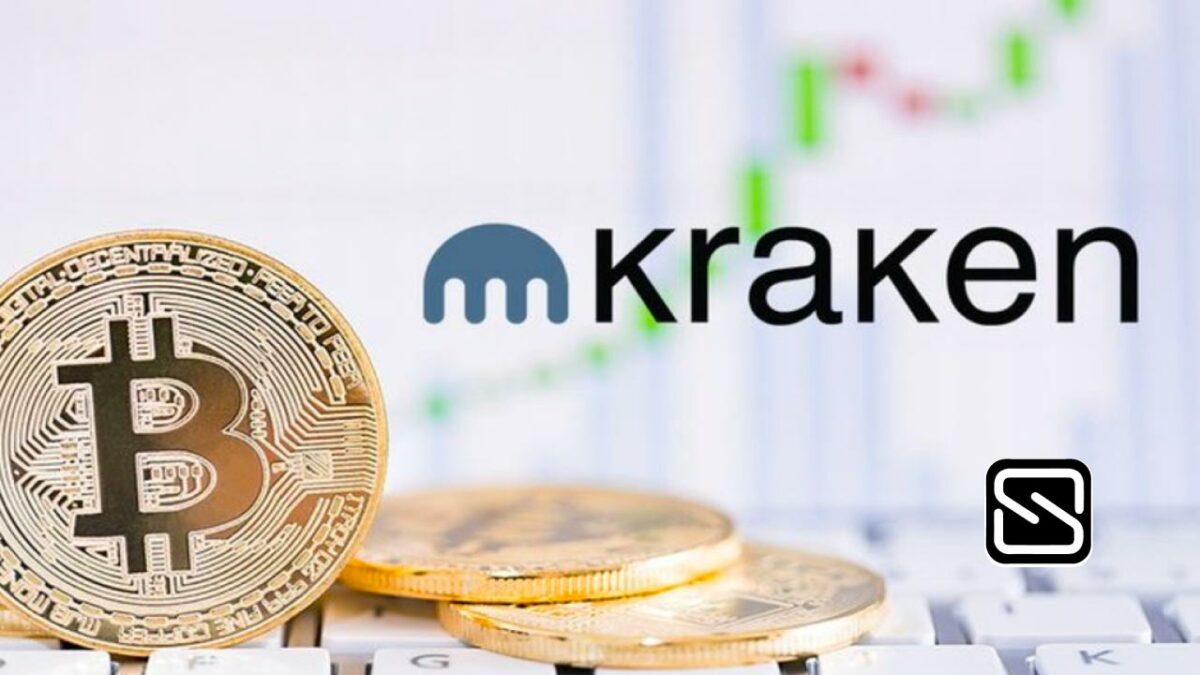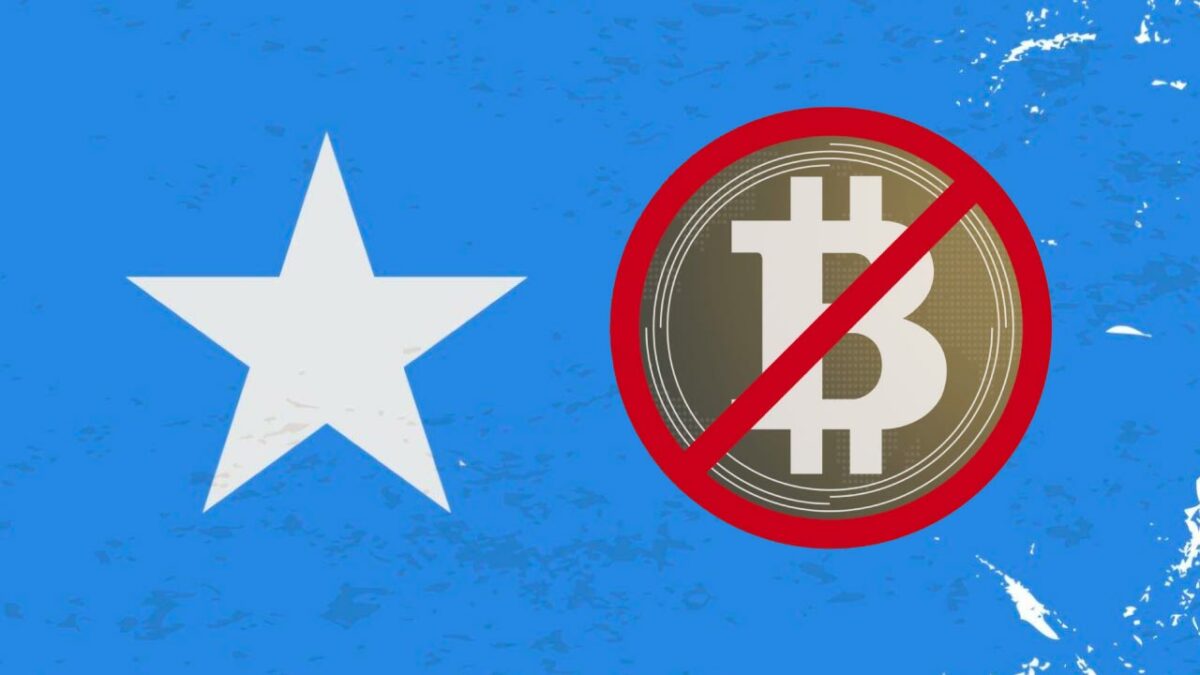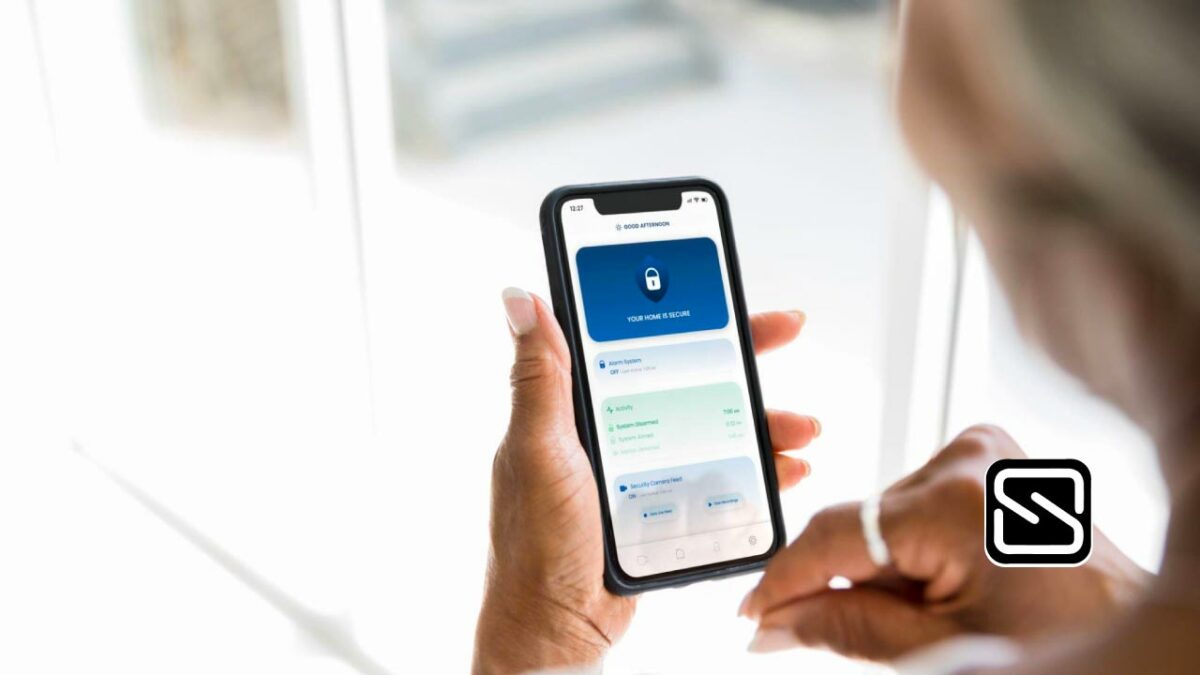A game-changing event is on the horizon, uniting the blockchain community in Nigeria and across Africa. The forthcoming Web3 Lagos Conference will bring together industry leaders, developers, investors, entrepreneurs, and enthusiasts for a three-day intensive experience.
When preparations for the Web3 Lagos Conference were initially revealed in late 2021, Ayodeji’s idea to stir change was born. Although it was postponed due to unforeseen circumstances, the tide turned in 2022. The denial of a visa for the Ethereum Community Conference in Paris highlighted the need for a local conference that might encourage expansion in the Ethereum and blockchain realms without the constraints of visa limitations.
With a vision to replicate the success of the Ethereum Community Conference (ETHCC), Ayodeji laid the foundation for the Web3 Lagos Conference. Distinguishing itself through its focus on high-level technical discussions, the conference aimed to prioritize substance over cryptocurrency speculation.
The conference exceeded all expectations, quickly becoming a platform known for its great programming, prominent presenters, and significant post-event insights. The Web3 Lagos Conference’s signature technical workshops and seminars have reinforced the conference’s status as an industry leader. This year’s conference has a diverse program of over 15 developer-focused seminars.
The agenda covers a wide range of subjects, including account abstraction, smart contract audits, blockchain entrance techniques, job possibilities, and more. A 60-minute Q&A session with Ethereum’s inventor and a Web3 conversation focused on Africa are among the highlights. In addition, two specialist seminars for Web3 startups are planned to support new entrepreneurs.
To stay at the forefront, the conference leverages active participants within the blockchain ecosystem as speakers. These experts share real-time insights and knowledge, ensuring attendees stay informed in a swiftly evolving landscape. Informal evening events further facilitate robust discussions and networking opportunities.
The heart of the Web3 Lagos Conference’s success lies in collaboration. Partnerships with esteemed teams, projects, and individuals, including AyaHQ, have been pivotal. AyaHQ’s role in the inaugural Ayathion hackathon underscores their essential collaboration.
The conference has also fostered collaborations with Nigerian and African blockchain communities, university blockchain clubs, and several prominent sponsors, solidifying its position as a collaborative hub.
Spanning three impactful days, the conference offers an immersive journey. The first two days are dedicated to intensive workshop sessions, arming attendees with the latest insights in Web3, catering to diverse backgrounds and experience levels. The final day culminates with keynote speeches by global thought leaders, delving into pivotal topics within the blockchain industry.
A unique attribute of the Web3 Lagos Conference is its ability to bridge gaps among developers, investors, entrepreneurs, and enthusiasts. With a diverse participant mix including startup founders, developers, product managers, designers, and content and marketing experts, the conference fosters networking and stakeholder engagement beyond traditional boundaries.
The conference’s reach extends to newcomers in the blockchain domain. The inaugural edition drew over a hundred attendees with no prior knowledge of blockchain technology, many of whom transitioned into active contributors. This year, registrations include university lecturers and curious newcomers, further underscoring the conference’s vital educational role.
Demonstrating its global allure, the Web3 Lagos Conference has garnered applications from international leaders in the blockchain ecosystem. Hailing from over seven European countries, the United States, and Asia, attendees seek to explore and comprehend Africa’s flourishing blockchain landscape. As interest burgeons, the conference’s positive impact is poised to resonate across other African blockchain communities.
Diversity and inclusion stand paramount, with the conference actively championing underrepresented groups. Last year’s spotlight on women in the Web3 field sparked interest among these communities. This year, tailored inclusive programs have been introduced to cater to their evolving needs.
Thriving amidst the dynamic blockchain landscape requires adaptability. The Web3 Lagos Conference adeptly mirrors the evolving blockchain ecosystem through discussions, workshops, and presentations, embracing change to stay relevant.
According to the visionary minds behind it, the conference will serve as a catalyst for groundbreaking collaborations and projects. The previous year’s hackathon spurred teams to nurture projects that contribute value to the ecosystem, solidifying the conference’s reputation as an innovation launchpad.
Unfazed by the economic impact of the pandemic, the Web3 Lagos Conference has experienced unyielding growth. Rooted in organic growth principles, the conference carved a distinctive niche for itself. Strengthened by unwavering community support, it successfully sustained engagement even in challenging circumstances.









